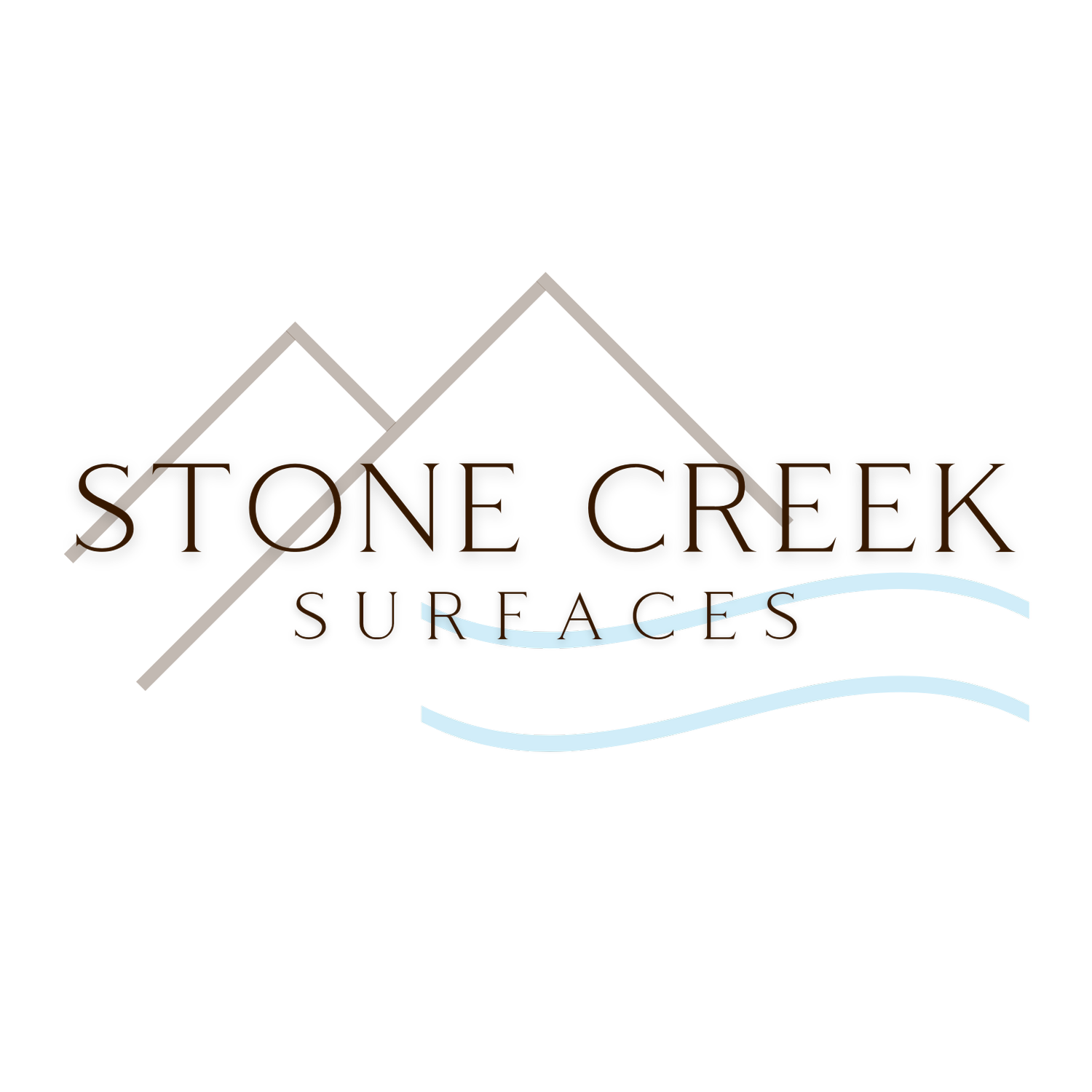Frequently Asked Questions
-
Yes. Most consumers in the U.S. say that they prefer natural stone over any other countertop material. Harris Interactive conducted a survey of 2021 U.S. adults for the Marble Institute of America. Ninety percent of those surveyed said they felt that natural stone countertops increase the resale value of a home.
-
Granite is a metamorphic rock formed under high pressure and heat. It is a composite of quartz, silicon, feldspar, mica, and other minerals. Granite is not only beautiful but also very durable. It is a product of nature, and each slab is unique in character, veining, and consistency. Marble is also a metamorphic rock. It is formed from calcium and is softer than granite. It will scratch and is more easily stained than granite. It is a beautiful surface choice, but the application should be considered.
-
The composition of manufactured quartz is roughly 93% natural quartz and 7% resin. Resin is added to the quartz to make it non-porous, eliminating the need to seal.
-
Large format porcelain is an engineered stone that will not stain or scratch and has a very high heat tolerance. It is suitable for indoor and outdoor kitchens, bathrooms, showers, and fireplaces. It is available in .8mm, 1.2cm, and 2cm.
-
Granite and marble can be found worldwide, but most of it comes from quarries in Italy, Spain, Brazil, India, and several African countries. Marble can also be found locally in Tennessee.
-
This depends on what expectations you have for your surface. Marble is softer and more porous stone and tends to scratch and stain more easily. If polished marble comes in contact with an acidic substance such as lemons, limes, or vinegar, the countertop will etch. Marble is best suited for individuals who prefer an “aged” look and can enjoy the imperfections it may acquire.
-
It is safest to use a trivet under hot pans and pots. Sudden exposure to heat expands the surface, creating stress in cold, non-expanding areas. While it’s unlikely, this stress may cause cracking.
-
It is beneficial to seal your natural stone countertops as it reduces moisture migration and helps minimize the possibility of chemicals and acidic substances etching the surface.
-
Natural stones are available in polished, honed, and leathered finishes. Manufactured stones are typically available in polished or matte finishes.
-
The size of the slab factors into where the seams can be placed. The sink, cooktop, and dishwasher location can also determine seam placement. It is important to know that seams will be visible and can be felt in your new granite, marble, or manufactured quartz countertops.


